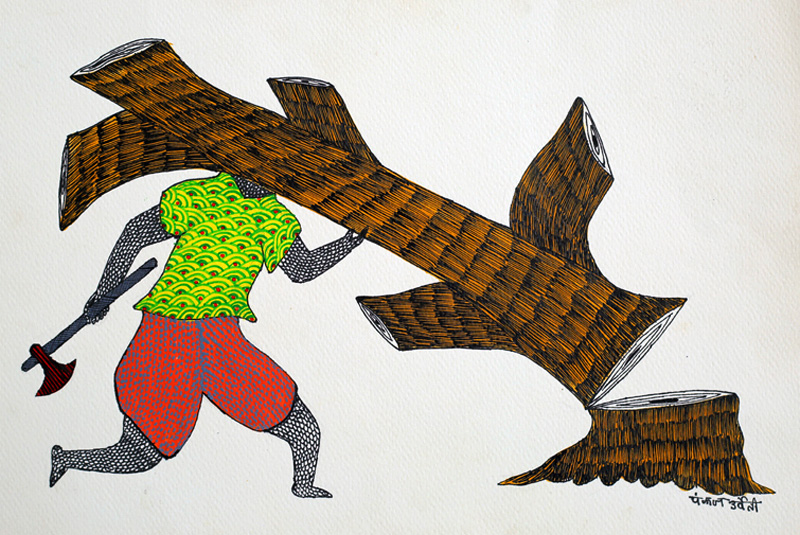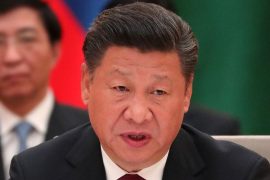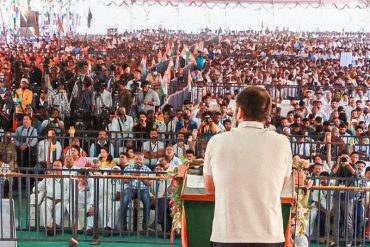In this essay, I conceptualise the collective codes of belief and action that are crucial in animating collective action to mitigate climate change in the future. I outline the need to find a convergent point between pre-and post-industrial forms of market, the importance of strongly anchoring future lives on the locality, and the need to acknowledge that technology is no panacea and cannot save us from climate change.
A convergence of Pre-Industrial and Post-Industrial markets is critical
The relationship between society and the economy cannot be changed overnight, but the production and consumption of things we do not need, and the culture of the limitless expansion of wants and their repackaging as ‘needs’ will have to be sharply curtailed, and the popularisation of a way of life that extols goods (and ideas) that are old and the long lasting is essential to such a goal.
Modern social theory has tended to distrust markets and commerce, branding capitalism as a great evil that must be dismantled or at the very least radically reformed for progressive values to prevail. However, markets and commercial activity have permeated human life for much of human history after the agrarian age, without such activity bringing about the collapse of our planetary ecosystem. This shows that the culprit here, when it comes to climate change, is not commercial activity per se, but a specific subtype of it that is anchored in industrial production and committed to its expansion.
In other words, the prime evil of modern capitalism is not unequal distribution, as Marxism would argue, but its means of production premised on large-scale industrial activity and powered by energy harvested from beneath the earth (rather than energy sources above the ground, such as the sun, wind and water). The domination and thorough penetration of social life by the economy, is simply a symptom of the overgrown scale that the economy has come to take in today’s world.
-30-
Copyright©Madras Courier, All Rights Reserved. You may share using our article tools. Please don't cut articles from madrascourier.com and redistribute by email, post to the web, mobile phone or social media.Please send in your feed back and comments to [email protected]











